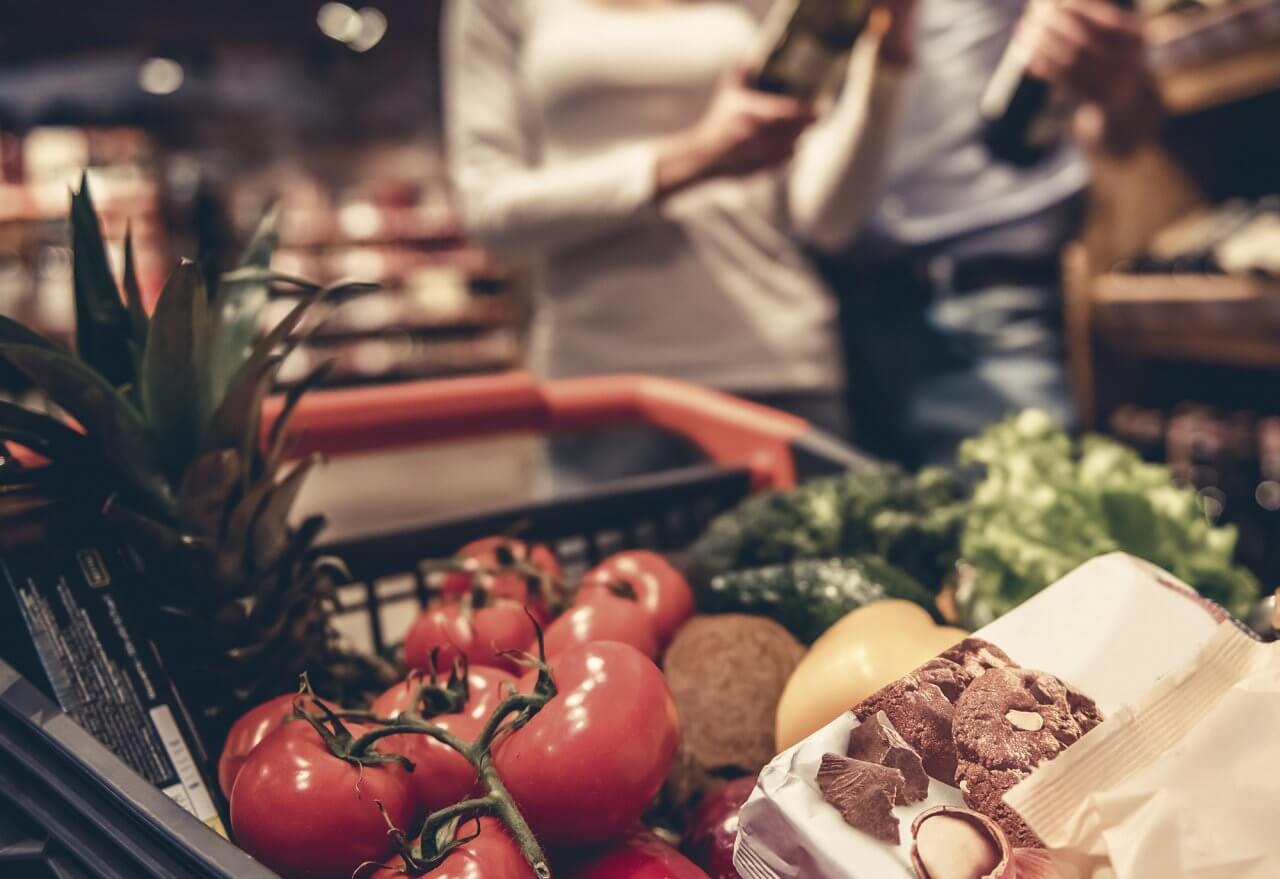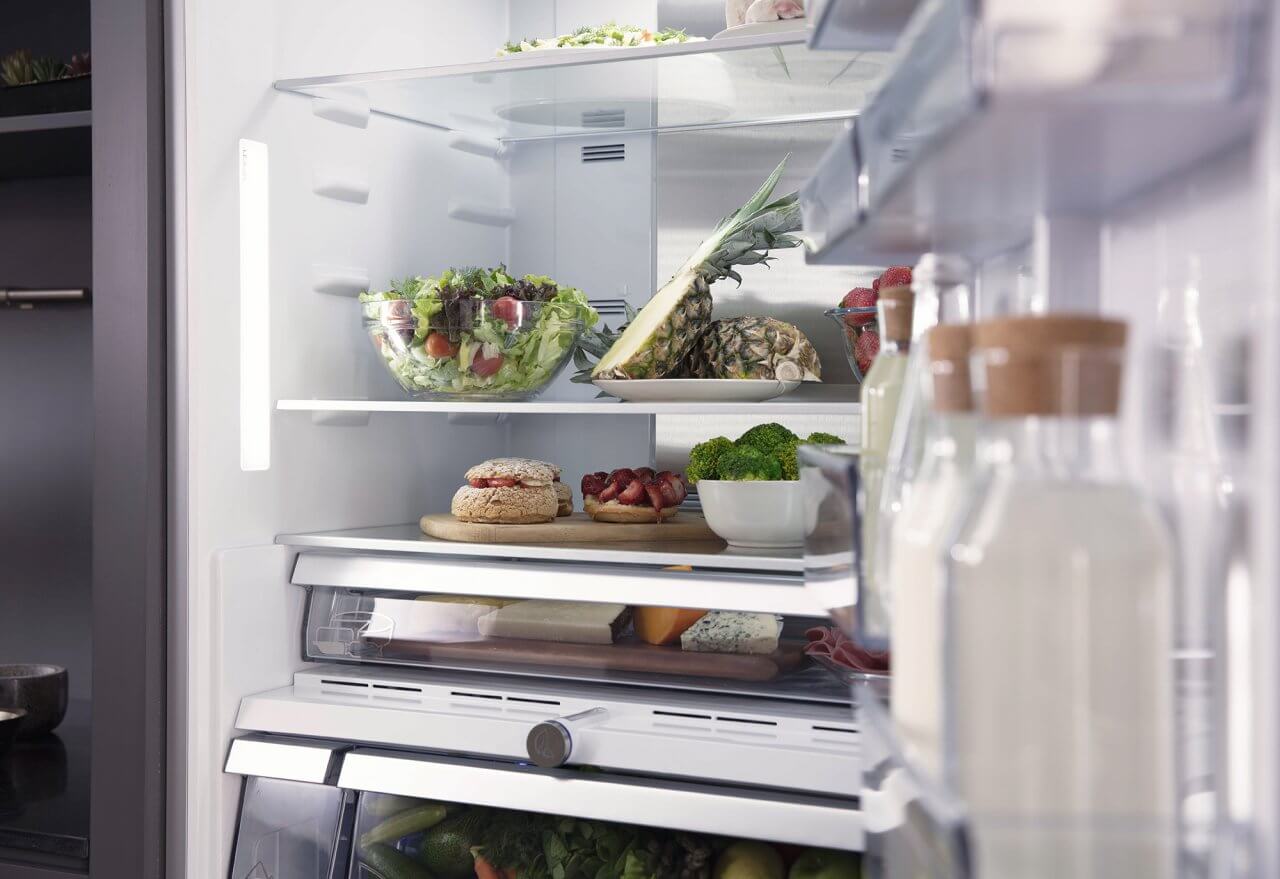The most anticipated time of the year, a time for spending time with loved ones is coming up: Christmas!
When some say Christmas, many things come to mind: happiness, togetherness, snow, toys, and excessive amounts of food. Even though Christmases can be known for many great “mosts”; most snow, most fun, most presents, it is also the time of the year when the highest food waste happens.
Every year in the UK, approximately 7 million tonnes of food is wasted. Just during the Christmas, 2 million turkeys, 5 million Christmas puddings, and 74 million mince pie get disposed while still edible, causing almost 270,000 tons of food waste in total during this widely celebrated holiday.
More than half of the Brits say that they spend more money than they should on food during Christmas time. Approximately one third admit that they have to deal with food waste more on Christmases compared to other times of the year.
Many reasons contribute to this situation;
1- Not being planned during Christmas shopping: In Britain, households spend about £169 on food shopping during Christmas. Most tend to over-buy, fearing there won’t be enough for everyone. Considering how many people are coming, their dietary habits, and basing your shopping list on it can go a long way in preventing food waste.



